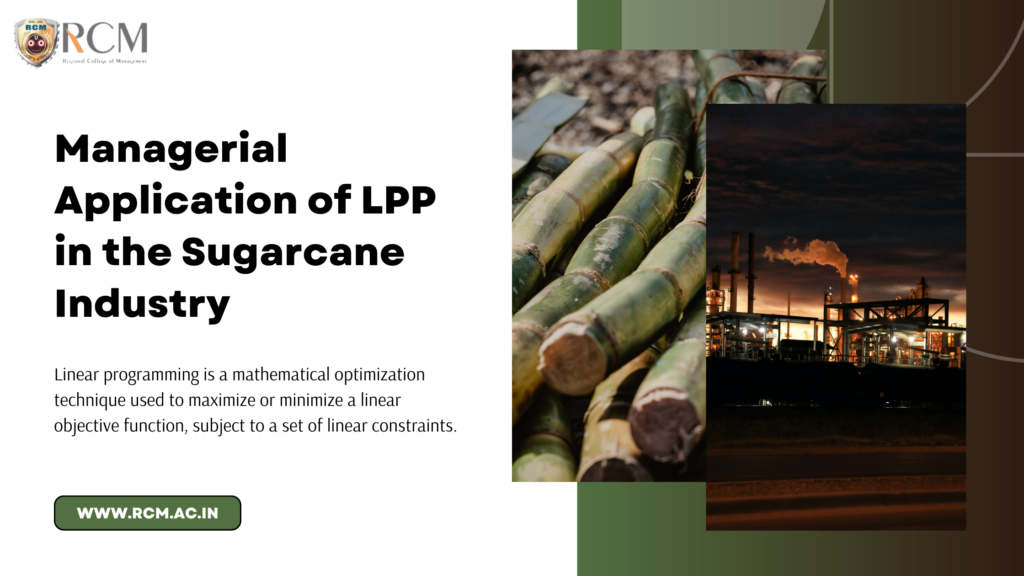Written by, Prof. Suryamani Biswal
LPP, which stands for Linear Programming Problem, can have various implications in the sugarcane industry. Linear programming is a mathematical optimization technique used to maximize or minimize a linear objective function, subject to a set of linear constraints. Here are some potential implications of LPP in the sugarcane industry:
Crop Planning
LPP can help optimize the allocation of resources such as land, labour, and fertilizers to maximize sugarcane production. By formulating a linear objective function considering factors like yield, cost, and market demand, LPP can determine the optimal crop plan that maximizes profits or minimizes costs.
Harvest Scheduling
Sugarcane harvesting involves logistical challenges due to the perishable nature of the crop. LPP can aid in determining the optimal schedule for harvesting operations by considering factors like crop maturity, transportation capacity, and labour availability. This helps minimize delays, reduce wastage, and optimize resource utilization.
Supply Chain Optimization
LPP can optimize the entire sugarcane supply chain, including procurement, transportation, processing, and distribution. By considering constraints such as transportation costs, storage capacity, processing capacity, and market demand, LPP can determine the optimal allocation of resources and minimize overall costs while meeting demand requirements.
Resource Allocation
LPP can assist in allocating limited resources such as water, fertilizers, and pesticides in an optimal manner. By formulating constraints based on resource availability, environmental regulations, and crop requirements, LPP can determine the best resource allocation strategy to maximize yield while minimizing resource usage and environmental impact.
Revenue Maximization
LPP can be used to optimize revenue generation in the sugarcane industry. By considering factors such as pricing, production capacity, and market demand, LPP can determine the optimal production levels and pricing strategies that maximize revenue while accounting for cost constraints.
Risk Management
LPP can help mitigate risks in the sugarcane industry by considering uncertain factors such as weather conditions, disease outbreaks, and market fluctuations. By incorporating risk parameters and using techniques like stochastic programming, LPP can identify robust solutions that are resilient to uncertainties and minimize potential losses.




















